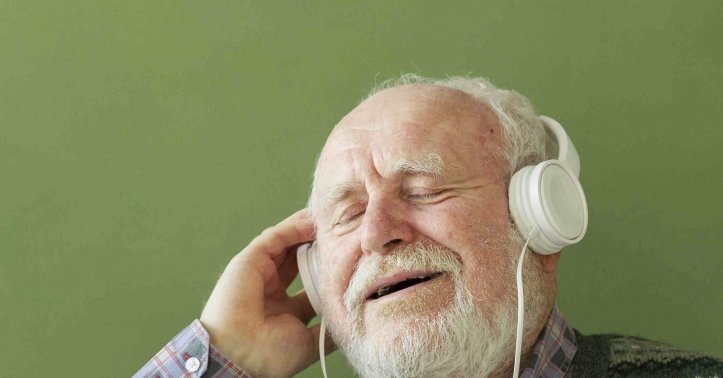
Can music help in tackling Alzheimer's
This is an important question for caregivers, family members, and healthcare professionals dealing with dementia. The user might be looking for practical ways to improve quality of life for someone with Alzheimer's or trying to understand the evidence behind music interventions.
Music can be a powerful, non-pharmacological tool to help people with Alzheimer's disease. A growing body of research shows it can improve cognitive function, reduce agitation, and enhance overall well-being for both patients and their caregivers. It helps in
Cognitive Improvement
Enhances memory, attention, and overall cognitive scores; may help reduce risk or delay onset.
Mood & Behavior
Reduces agitation, anxiety, and depression; can ease caregiver stress and improve social connection.
Social Connection
Increases verbal and non-verbal communication (e.g., eye contact); promotes engagement.
Sleep Quality
Improves sleep patterns, potentially by increasing melatonin levels.
🎵 How to Use Music for Alzheimer's Care
Integrating music into daily care can be simple and highly effective. Here are some practical tips, drawn from expert recommendations:
Choose Familiar Music: The most effective music is usually from the person's teenage years or early adulthood (ages 10-30) . This music is tied to long-term memories that often remain accessible.
Set the Mood: Use music to match or alter the energy of the moment. Quiet, calming music can soothe agitation or help with sleep, while more upbeat tunes can encourage movement and engagement .
Encourage Participation: Don't just play music passively. Encourage your loved one to clap, sing along, tap their feet, or even dance . If they played an instrument, providing a simple one like a keyboard or shaker can be beneficial.
Observe and Adapt: Pay close attention to how the person responds. If a particular song makes them anxious or upset, change it. If they light up with a certain tune, make a note to play it more often .
Minimize Distractions: To avoid overstimulation, turn off the TV and play music without commercial interruptions .
💡 The Science Behind the Music
The benefits of music are rooted in how it affects the brain. Alzheimer's disease typically damages areas responsible for memory early on, but the regions involved in musical memory and appreciation often remain intact until the very late stages . Music can activate these preserved pathways, serving as a bridge to stimulate other cognitive functions, such as language and emotion .
While more research is underway to standardize best practices, current evidence strongly supports music as a safe, accessible, and enjoyable intervention
By Jamuna Rangachari








